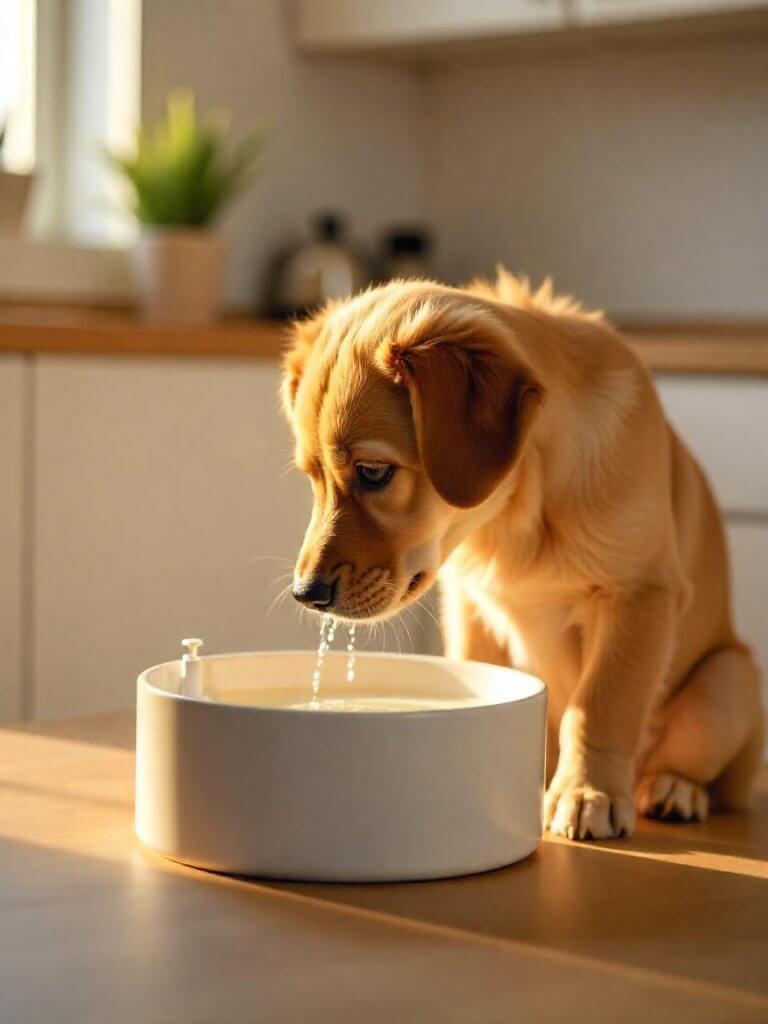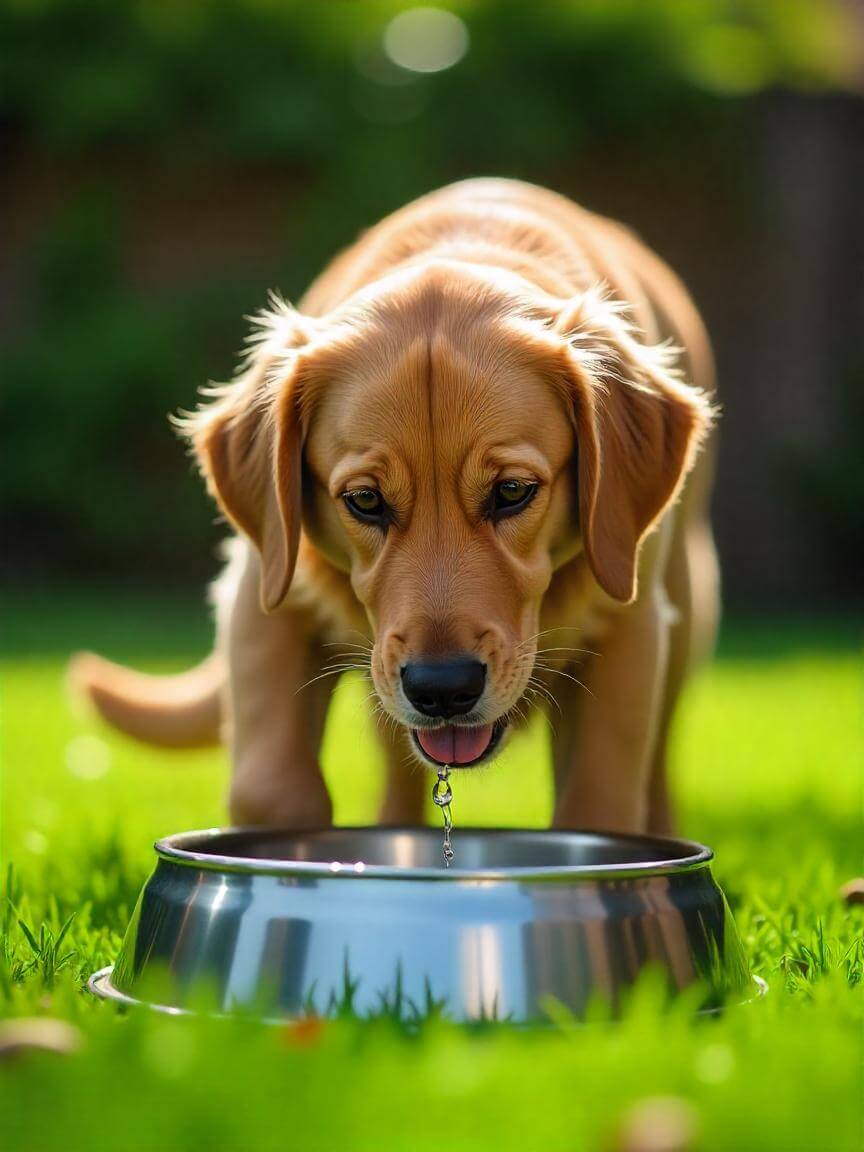Water is essential for all living beings, and dogs are no exception. Proper hydration plays a vital role in maintaining your dog’s overall health and well-being. In this comprehensive guide, we’ll explore the importance of hydration for dogs, signs of dehydration, benefits of adequate water intake, and practical tips to keep your canine companion properly hydrated.
🐶 Why Hydration Matters for Dogs
1. Supports Vital Bodily Functions
Water is involved in nearly every physiological process in a dog’s body, including:
- Digestion: Aids in breaking down food and nutrient absorption.
- Circulation: Maintains blood volume and pressure.
- Temperature Regulation: Helps dissipate heat through panting and sweating via paw pads.
- Joint Lubrication: Keeps joints cushioned and functioning properly.
- Waste Elimination: Facilitates kidney function and toxin removal.
2. Prevents Dehydration
Dehydration can lead to serious health issues in dogs, such as kidney failure, heatstroke, and even death. Ensuring your dog has access to clean, fresh water at all times is crucial to prevent dehydration.
🩺 Recognizing Dehydration in Dogs
1. Common Signs of Dehydration
It’s important to recognize the signs of dehydration in dogs to address the issue promptly. Common symptoms include:
- Dry or sticky gums
- Lethargy or decreased energy
- Sunken eyes
- Loss of skin elasticity
- Excessive panting
- Loss of appetite
2. Skin Turgor Test
A simple way to check for dehydration is the skin turgor test:
- Gently pinch the skin between your dog’s shoulder blades.
- Release the skin and observe how quickly it returns to its normal position.
- If the skin stays tented or returns slowly, your dog may be dehydrated.
🥤 How Much Water Does Your Dog Need?
1. General Guidelines
On average, a dog should drink approximately 1 ounce of water per pound of body weight per day. For example, a 50-pound dog should consume about 50 ounces (1.5 liters) of water daily.
2. Factors Influencing Water Needs
Several factors can affect your dog’s water requirements:
- Activity Level: Active dogs or working breeds may need more water.
- Diet: Dogs on dry kibble diets require more water than those on wet food.
- Weather: Hot and humid conditions increase water needs.
- Health Conditions: Illnesses like kidney disease or diabetes can affect hydration.
- Age: Puppies and senior dogs may have different hydration needs.
🧊 Tips to Keep Your Dog Hydrated

1. Provide Fresh Water at All Times
Ensure your dog has constant access to clean, fresh water. Change the water daily and clean the bowl regularly to prevent bacterial growth.
2. Incorporate Wet Food
Adding wet food to your dog’s diet can increase their overall water intake, especially if they are reluctant to drink water.
3. Use Water Fountains
Some dogs prefer running water. Pet water fountains can encourage them to drink more by providing a continuous flow of fresh water.
4. Offer Ice Cubes as Treats
Ice cubes can be a fun and hydrating treat, especially during hot weather. You can also freeze low-sodium broth or diluted fruit juices for variety.
5. Monitor Water Intake
Keep an eye on how much your dog is drinking. Sudden changes in water consumption can indicate health issues and should be discussed with your veterinarian.
🏖️ Special Considerations
1. Hydration During Exercise
Active dogs lose more water through panting and may require additional hydration. Always bring water and a portable bowl during walks, hikes, or play sessions.
2. Traveling with Your Dog
When traveling, maintain your dog’s hydration by bringing bottled water and familiar bowls. Changes in water sources can sometimes cause digestive upset.
3. Senior Dogs and Puppies
Older dogs and puppies are more susceptible to dehydration. Monitor their water intake closely and consult your vet if you notice any concerns.
🧠 Conclusion
Hydration is a fundamental aspect of your dog’s health. By ensuring they have access to clean water, recognizing signs of dehydration, and taking proactive steps to encourage water intake, you can help your furry friend lead a healthy and happy life.
By following these guidelines and understanding the importance of hydration, you can ensure your dog remains healthy, active, and happy.


